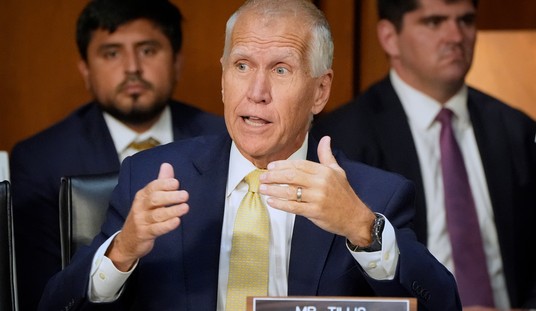On Tuesday, Judicial Watch announced it had received records showing that the FBI referred 14 employees to the Office of Professional Responsibility (OPR) for leaking sensitive or classified information. Of those 14 employees, only four were fired.
“No wonder the FBI was leaking so profusely. Collectively, these documents show a show lenient treatment for evident criminal activity. Only four of the 14 employees found to have made an unauthorized disclosure were dismissed from the FBI,” Judicial Watch President Tom Fitton said in a statement. “And even though Andrew McCabe was fired and referred for a criminal investigation for his leak, no prosecution has taken place.”
During the early years after President Donald Trump was inaugurated, The New York Times and The Washington Post would have stories seemingly every other day citing anonymous sources from within the FBI. Last September, a high-ranking official published an op-ed in the Times detailing a deep state or “resistance” effort to sabotage Trump from within.
The fact that leakers were treated leniently helps to explain why officials continued to leak sensitive information to the press, often involving the Trump-Russia collusion angle. Leaking this information is a crime, but it appears the FBI did not hold its staff accountable as it could or should have.
Judicial Watch mentioned one referral that appears to refer to former FBI Deputy Director Andrew McCabe. The referral was closed on March 20, 2018, four days after McCabe was fired for leaking to the media and lacking “candor” in delivering statements under oath and not under oath. The document, released to Judicial Watch under the Freedom of Information ACT (FOIA), notes that Attorney General Jeff Sessions made the final decision to dismiss the employee who had “a remarkable performance record” and “was facing unprecedented challengers and pressures.”
The documents show that penalties for unauthorized disclosure of sensitive and/or classified information ranged from no action to dismissal. Some employees were suspended for one, five, 14 or 45 days without pay. Here are a few examples:
An unidentified employee, who was cited for misuse of an FBI database and unauthorized disclosure of classified/law-enforcement sensitive/grand jury information, was given a 12-day suspension. The case was closed in January 2016.
An unidentified employee was accused of “Investigative deficiency – improper handling of documents or property in the care, custody or control of the government; unauthorized disclosure – classified/law enforcement sensitive/grand jury information” and “failure to report – administrative.” It was proposed that they be given a 30-calendar day suspension without pay; the final decision from OPR was that they were given a 10-calendar day suspension without pay. This case was closed in February 2018.
Read the entire list here.
Judicial Watch previously released records showing that former FBI Director James Comey held classified documents on an insecure server at home, just like former Secretary of State Hillary Clinton.
Follow Tyler O’Neil, the author of this article, on Twitter at @Tyler2ONeil.









Join the conversation as a VIP Member